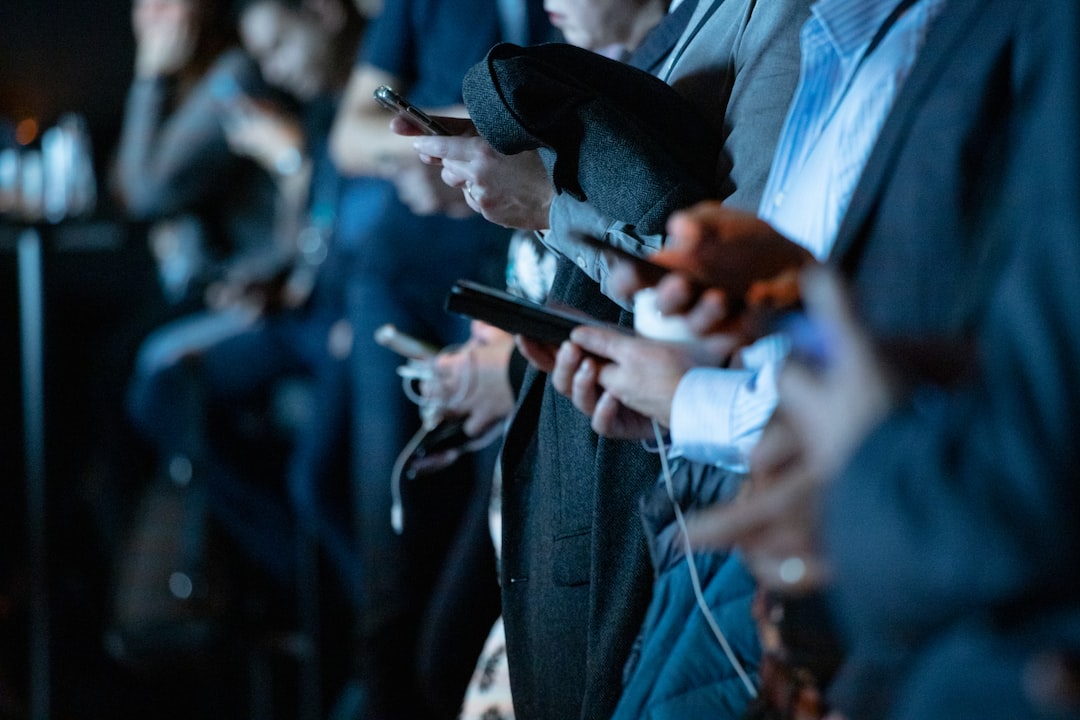Social media has undoubtedly revolutionized the way we communicate, enabling us to connect with others at any time and from anywhere in the world. It has become an integral part of our daily lives, shaping the way we interact with one another. However, as the popularity of social media continues to grow, it raises concerns about its impact on our interpersonal relationships.
One of the most significant impacts of social media on interpersonal relationships is the ease and convenience it brings to communication. Through platforms such as Facebook, Twitter, and Instagram, we can stay connected with friends and family members who live far away, allowing us to bridge the geographical gap. This has undeniably improved our ability to maintain long-distance relationships and has made the world a smaller place.
On the flip side, the reliance on social media for communication has led to a decrease in face-to-face interactions. People no longer feel the need to meet up in person when they can send a quick message or comment on a post. As a result, this lack of physical interaction can lead to a sense of disconnection and can weaken the depth and quality of our relationships. Text-based conversations lack the non-verbal cues and emotions that are essential for truly understanding and connecting with one another.
Another impact of social media on interpersonal relationships is the phenomenon of oversharing. People often feel compelled to share every aspect of their lives on social media, from the mundane to the personal. This has created a culture of constant self-disclosure that can be damaging to relationships. Oversharing can lead to feelings of jealousy, envy, and inadequacy, as people compare their own lives to the highlight reels of others. It can also create an unrealistic image of relationships, where perfection is the norm, causing dissatisfaction and dissatisfaction in one’s own life.
Furthermore, social media has the potential to promote the formation of superficial connections. With a few clicks, we can add hundreds of friends and followers, creating an illusion of popularity. However, the number of connections does not necessarily equate to the depth or quality of relationships. In fact, studies have shown that extensive use of social media can actually lead to increased feelings of loneliness and isolation. The constant exposure to other people’s seemingly perfect lives can make us feel inadequate and disconnected from reality.
Additionally, the use of social media has blurred the boundaries between our social and professional lives. It is not uncommon for employers to screen potential candidates’ social media profiles as part of the hiring process. Therefore, what we post on social media can have real-world consequences, affecting our personal and professional relationships. It is crucial to consider the potential impact of our online presence on our interpersonal relationships and overall reputation.
In conclusion, while social media has undoubtedly brought convenience and connectedness to our lives, it has also had a profound impact on our interpersonal relationships. It is essential to recognize the limitations and drawbacks of social media and find a balance between virtual and real-life interactions. Ultimately, investing time and energy into building and maintaining meaningful connections offline will lead to more fulfilling and satisfying relationships.

